August 8, 2025 | 01:34 pm
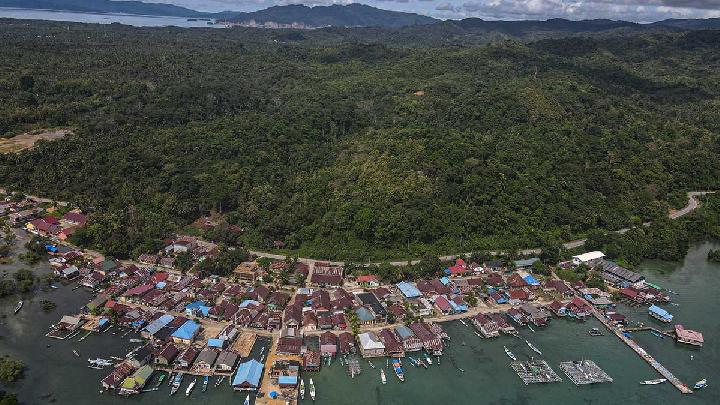
TEMPO.CO, Jakarta - The Institute for Development of Economics and Finance (INDEF) has raised questions over Indonesia’s economic growth figure of 5.12 percent year-on-year in the second quarter of 2025, saying it surpasses most predictions and appears to contradict several key indicators suggesting a slowdown.
Senior economist M. Fadhil Hasan noted that the growth data released by the Central Statistics Agency (BPS) does not align with at least 12 leading indicators that point to a weakening economy.
"There are around 12 main indicators that actually declined in the second quarter or during the first half of 2025 when compared to the same period in 2024," Fadhil said during a public discussion titled Response to the Economic Growth in Quarter II-2025 held at his office on Wednesday, August 6.
According to Fadhil, economist projections were generally close to one another and typically did not differ much from actual performance. However, BPS reported a growth rate of 5.12 percent, while most forecasts placed it around 4.8 percent or below 5 percent.
"The government must be more transparent, open, and accountable in presenting economic growth data," he emphasized.
Fadhil also analyzed several components of the BPS data, including gross domestic product (GDP) by sector and household consumption. In his view, the figures do not accurately reflect the real conditions experienced by the public.
He cited discrepancies such as the reported 5.68 percent growth in the manufacturing sector, which contradicts the Purchasing Managers' Index (PMI) that remained below 50 during the same period.
"A PMI below 50 indicates contraction. So how can the sector be in contraction while showing significant growth?" Fadhil questioned.
He also challenged the reported 4.97 percent increase in household consumption, which accounted for 54.25 percent of GDP. According to him, there was no major event or momentum that could have driven such growth in the second quarter.
“If we look at consumption trends, there was actually a decline, and there was no seasonal factor like Eid al-Fitr or Ramadan. Yet the number still rose sharply, and that is another issue,” he said.
Fadhil then listed the following 12 key economic indicators that contradict the government’s reported growth figures:
Decline in car and motorcycle sales, which suggests lower spending by the middle and upper classes.
Manufacturing PMI remained in the contraction zone, signaling sluggish industry and weak demand.
Weakened household consumption, despite being a major GDP contributor.
Decrease in foreign direct investment, reflecting declining investor confidence.
Rising inflation, which climbed to 2.37 percent by July 2025 and eroded purchasing power.
Increase in layoffs, up 32 percent in the first half of 2025 compared to the same period last year.
Sluggish credit growth, with bank credit growth at 7.7 percent year-on-year in the first semester.
Drop in consumer confidence index, which fell from 121.1 in March to 117.8 in June 2025.
Diminished income expectations, as seen in the decline from 135.4 to 133.2 in future income outlook.
Growing external instability, due to export declines, global uncertainty, and rising geopolitical tensions.
Reduced attractiveness of Indonesian financial markets, evidenced by capital outflows of Rp59 trillion from the stock market, Rp77.4 trillion in rupiah securities from Bank Indonesia (SRBI), and net buy of government securities (SBN) at Rp59 trillion.
Falling tax revenues, with VAT and Luxury Tax revenues dropping to Rp267.3 trillion from Rp332.9 trillion in the same period of 2024. Gross revenue rose slightly by 2.3 percent to Rp1,087.8 trillion, while net revenue fell by 7 percent to Rp831.3 trillion. The tax-to-GDP ratio declined from 8.3 percent to 7.1 percent in the first semester of 2025.
According to Indef, these indicators paint a very different picture from the optimistic growth rate reported by BPS.
Editor’s Choice: Global Media React to Indonesia's Faster-Than-Expected 5.12% GDP Rise
Click here to get the latest news updates from Tempo on Google News
What Is the Richest Country in the World 2025 Based on GDP?
21 jam lalu

Luxembourg retains its position as richest country in the world based on GDP, powered by its stable politic and business-friendly finance sector.
Global Media React to Indonesia's Faster-Than-Expected 5.12% GDP Rise
1 hari lalu
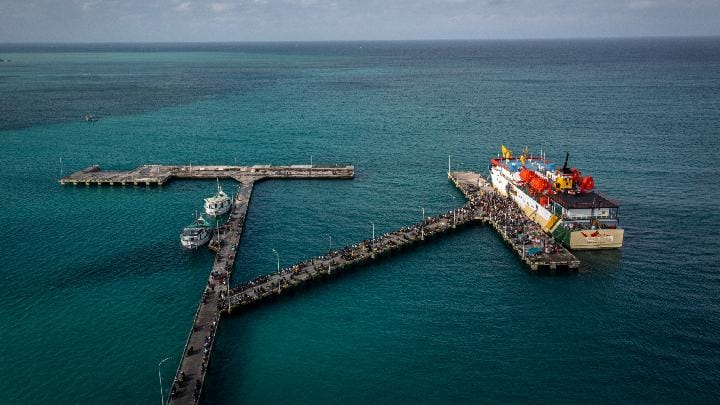
Indonesia's GDP grew 5.12% in Q2 2025, exceeding expectations and drawing local and international attention.
Indonesia's Exports Surge 10.67%, Fueled by "Front-Loading" Strategy
1 hari lalu
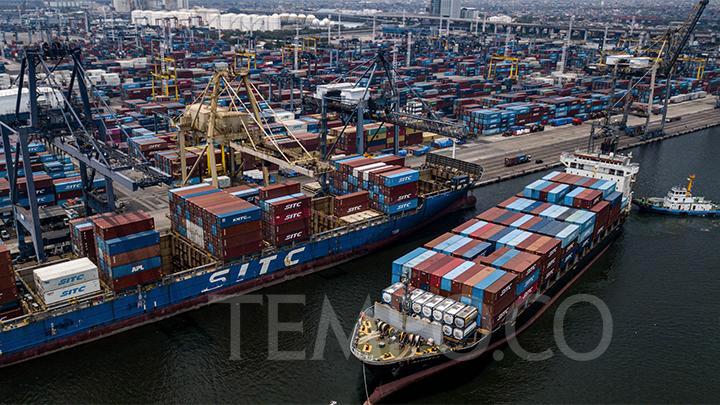
The Central Statistics Agency (BPS) reported that the export of goods and services grew by 10.67% annually in the second quarter of 2025.
Minister Airlangga Rebuts Economic Growth Data Manipulation Claim
2 hari lalu
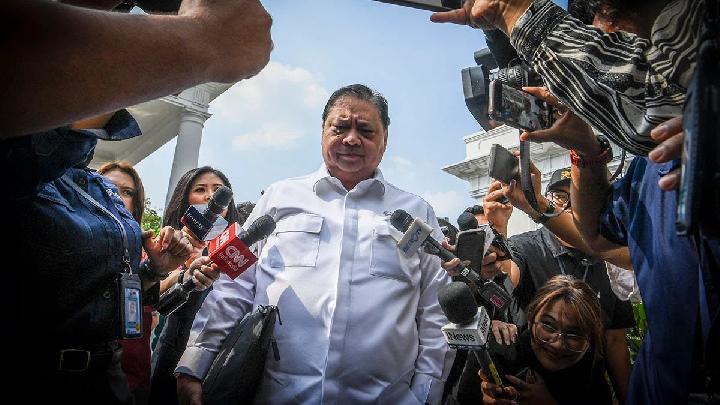
Airlangga's statement responds to doubts from various parties regarding the data released by the BPS on the economic growth for the second quarter of 2025.
List of Indonesian Regions with Highest Economic Growth, According to BPS
2 hari lalu

BPS reported that Sulawesi and Java recorded the highest economic growth among all Indonesian regions in the second quarter of 2025.
Indonesia's Economic Growth Highest in ASEAN, Says Minister Airlangga
2 hari lalu

Coordinating Minister for Economic Affairs Airlangga Hartarto stated that this growth rate is among the highest in both ASEAN region and G20 nations.
Indonesia's Household Consumption Grows 4.97% Annually in Q2 2025, Says BPS
2 hari lalu

The Central Statistics Agency (BPS) said that household consumption contributed 54.25% to the nation's Gross Domestic Product (GDP).
Indonesia's Economy Grows 5.12% in Q2, but Expert Flags Data Anomalies
2 hari lalu

BPS reported 5.12 percent year-on-year economy growth in Q2 2025, but Celios economist questioned the data, citing several anomalies.
Realization of Investment in Indonesia Reaches Rp477.7 Trillion in Q2, a Positive Sign
5 hari lalu

The Prasasti Center for Policy Studies assesses that the realization of investment in Indonesia reaching Rp 477.7 trillion in the second quarter is a positive sign amid global uncertainty.
Indonesia's Economic Growth Once Exceeded 8 Percent, Says DEN
9 hari lalu

A member of the National Economic Council (DEN) highlighted deregulation as a key factor behind Indonesia's impressive economic growth in the 1980s.

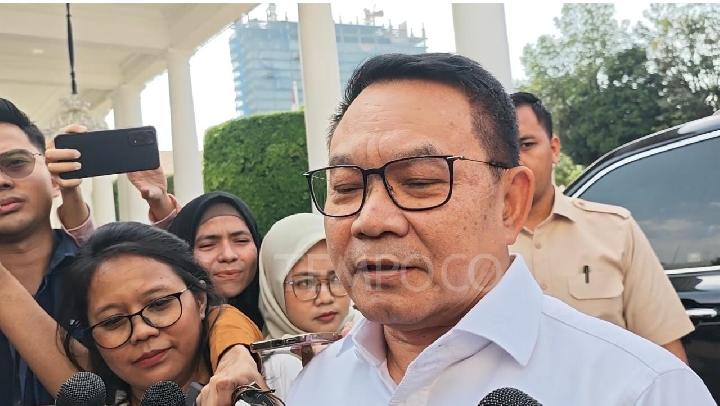
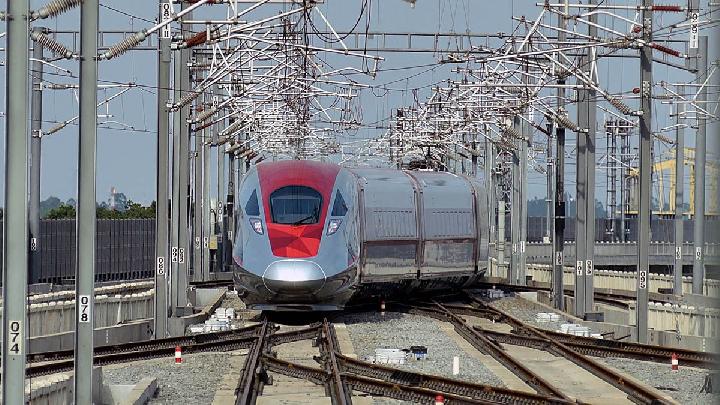

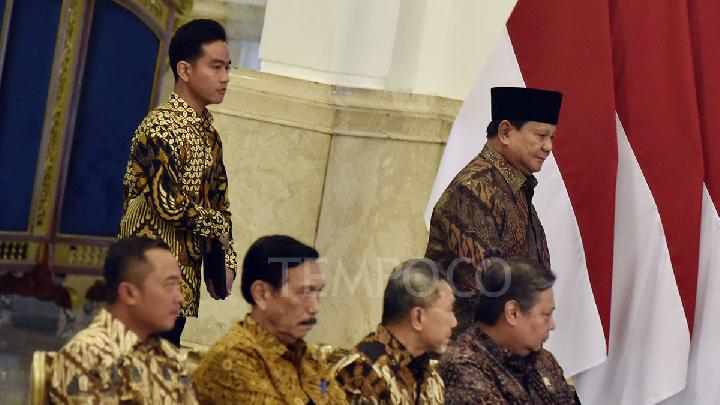
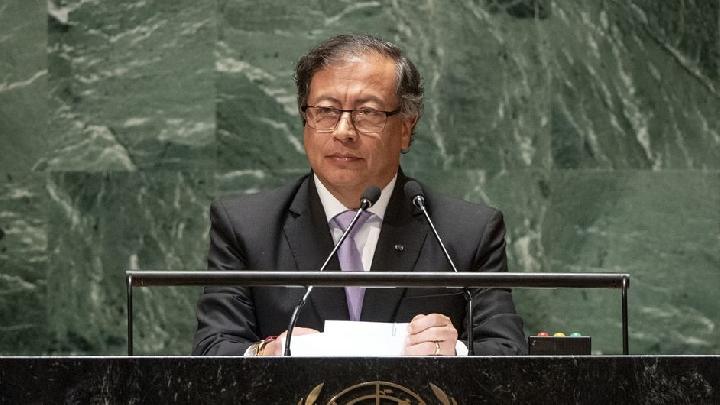







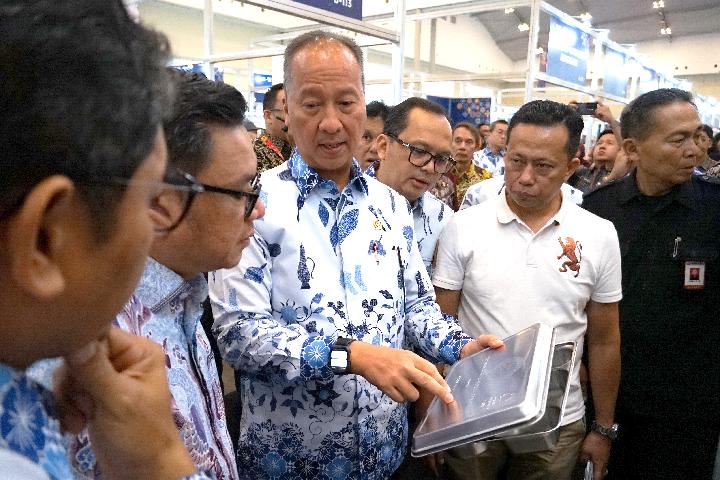



















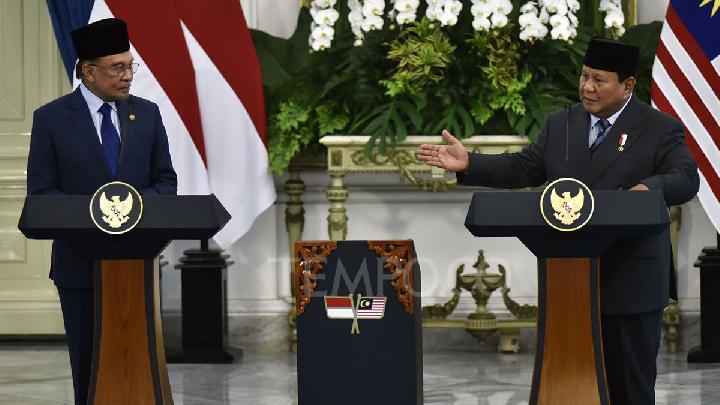



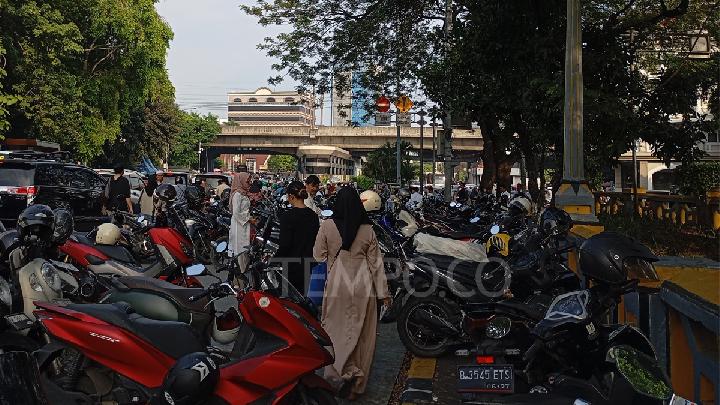



:strip_icc():format(jpeg)/kly-media-production/medias/5183188/original/022771700_1744171098-young-boy-frustrated-homework-writing-home-boy-studying-table-kid-drawing-with-pencil.jpg)





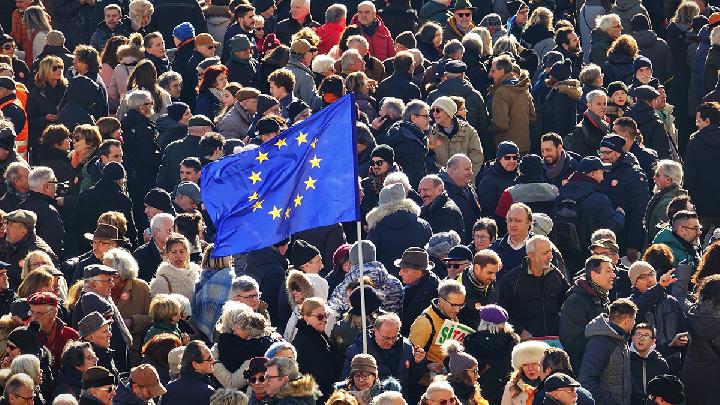
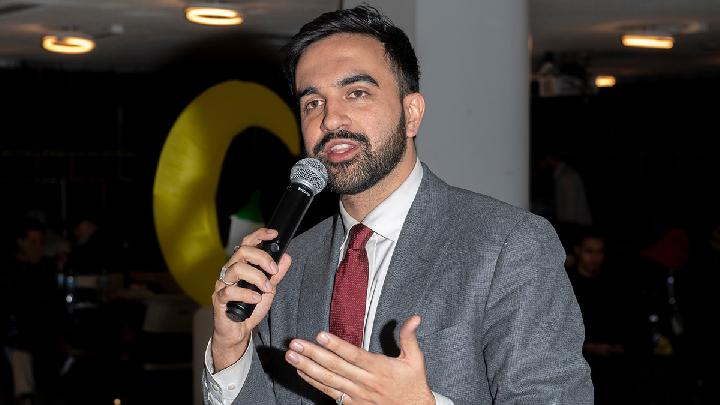

:strip_icc():format(jpeg)/kly-media-production/medias/4959986/original/038884300_1728016058-xavier-mouton-photographie-ry_sD0P1ZL0-unsplash.jpg)